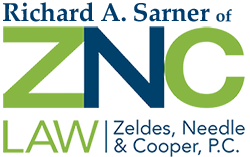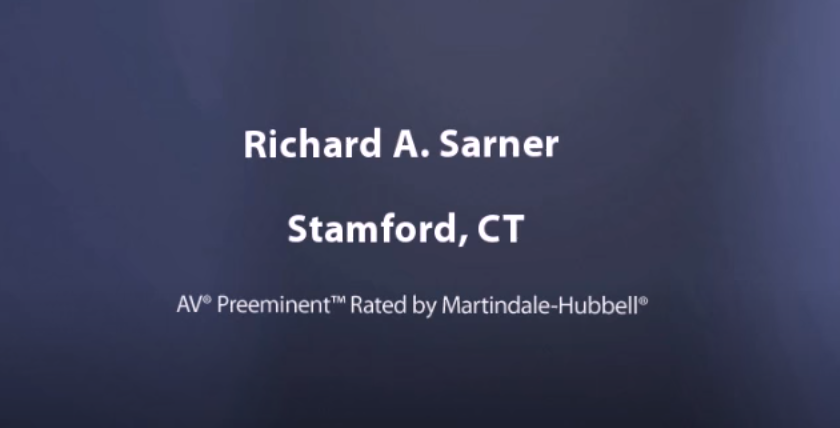Return to Main
Probate and Estate Administration – An Overview
The Probate Process
Role of the Executor
Avoiding Probate
Will Contests
Frequently Asked Questions about Probate and Estate Administration
Probate and Estate Administration Resource Links
Probate and Estate Administration Contact Form
Avoiding Probate
Assets disposed of outside the probate process are part of the non-probate estate. Because a probate proceeding is not required, these assets are distributed more quickly to the appropriate beneficiaries. Many people seek out these assets and ownership models to save their loved ones from the difficulties associated with going through probate. If you are interested in managing your finances and your property to avoid probate, contact our firm to schedule a consultation with an experienced estate planning attorney.
Non-Probate Assets
Certain types of assets are part of the non-probate estate because of their contractual nature. These types of assets include:
- Life insurance proceeds: A life insurance policy is a contract with an insurance company that specifically states who will be paid after your death. Because payment of the life insurance proceeds to the named beneficiary is in the contract, there is no need for the life insurance policy to go through probate.
- IRAs, 401(k) accounts and other tax-deferred retirement plan proceeds: IRAs, 401(k) accounts and other tax-deferred retirement plan proceeds pass directly to the beneficiaries designated in the plans. Similar to a life insurance policy, the payment of the retirement fund to the named beneficiary is agreed upon in advance, and like life insurance proceeds, there is no need to go through probate.
Ownership Models that Avoid Probate
Other types of assets only become non-probate assets if the owner or owners make certain decisions about how those assets are held.
- Joint tenancy with right of survivorship: A joint tenancy with right of survivorship means that two or more owners hold title to an asset together. When one of the owners dies, that person’s ownership interest automatically passes to the remaining owner or owners. Married couples typically hold assets such as real estate, automobiles and bank accounts in this way.
- Payment on Death (POD) bank accounts: Payment on Death bank accounts name contingent beneficiaries when the account is opened with the financial institution. The beneficiary possesses no ownership interest in the account until the account owner dies. At that time, the beneficiary receives full ownership of the money held in the account.
- Transfer on Death (TOD) securities: Transfer on Death stocks, bonds and brokerage accounts provide the same advantages as POD bank accounts. The account holder retains exclusive ownership rights while he or she is alive, and the named beneficiary receives the proceeds when the account holder dies.
- Revocable Living Trusts: A revocable living trust is a legal entity that holds title to property. Because the trustee, not the person who created the trust, has title to the trust, the property within the trust will pass outside probate. Because the trust is revocable, the person who created the trust has access to the property during his or her lifetime, almost as if he or she owned it outright. At the time of the trust creator’s death, a trust document, similar to a will, directs the trustee about the distribution of the trust property.
Although probate is avoided, holding assets jointly or with survivor-ship rights can create problems. For example, in the case of assets held in joint tenancy with right of survivor-ship, the owner gives up exclusive control of the assets. As a result, the owner may be at risk that the other owner will take all the assets, or that creditors of the joint owner will seek to satisfy their claims from the joint account. Experienced legal advice can help you determine the best model for your needs.
Speak to a Probate Lawyer
While non-probate assets are not subject to probate procedure, there are pros and cons to each model. To determine the best way for you to maintain your assets, contact our firm to schedule a consultation with an experienced estate planning attorney.
Copyright © 2012 FindLaw, a Thomson Reuters business
DISCLAIMER: This site and any information contained herein are intended for informational purposes only and should not be construed as legal advice. Seek competent legal counsel for advice on any legal matter.










